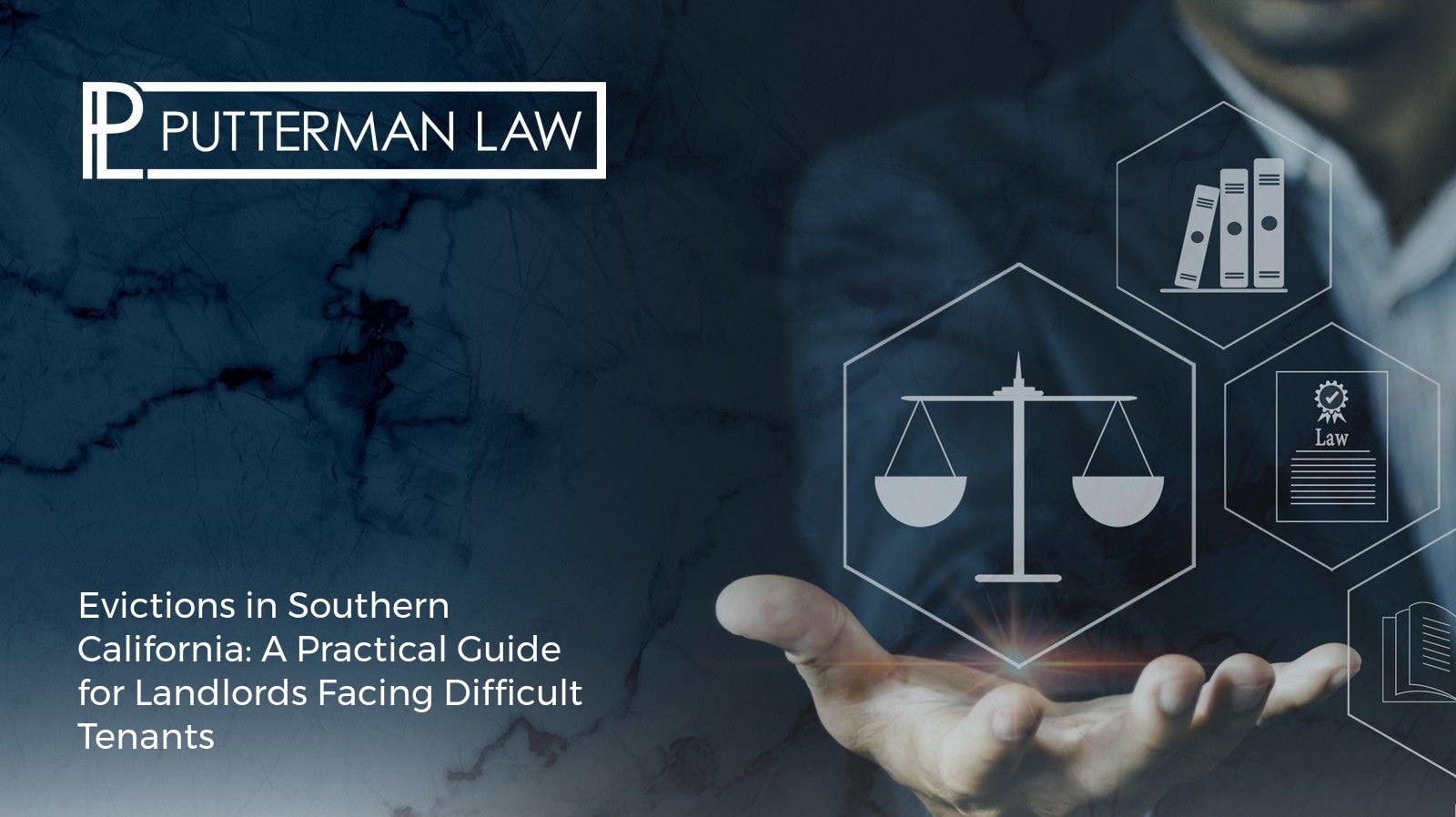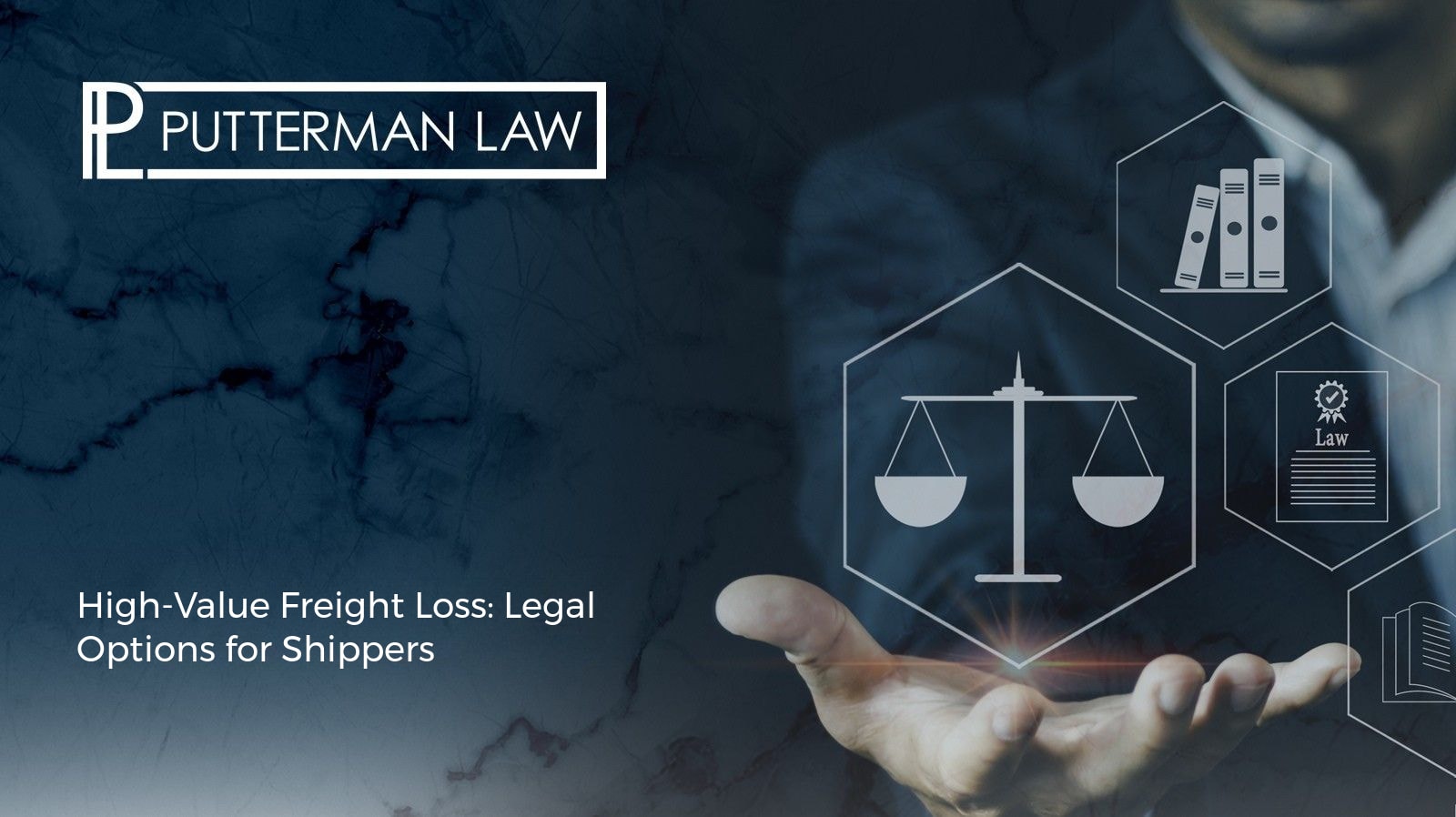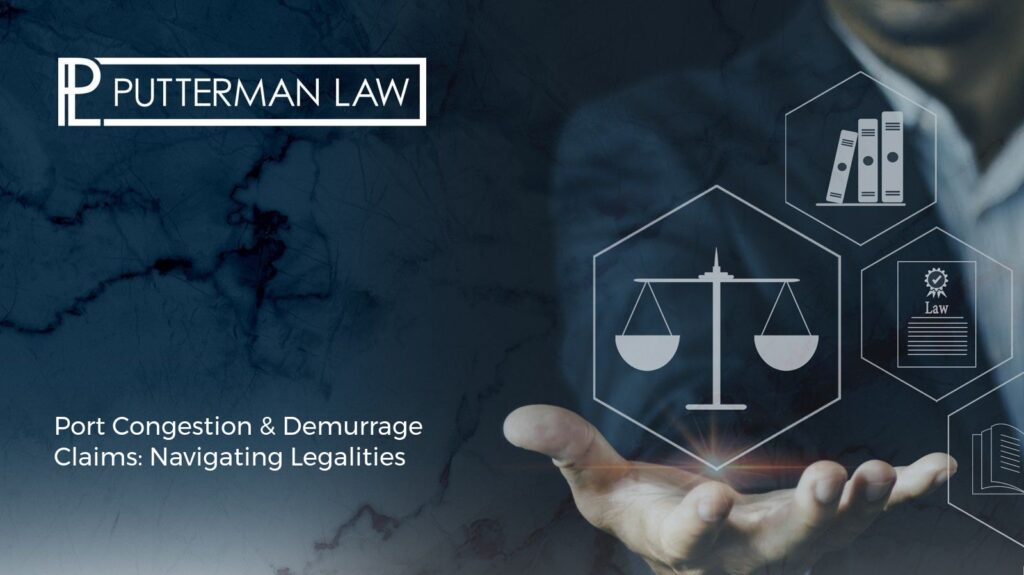Port congestion refers to the situation where ships are unable to load or unload due to overcrowded port facilities. This bottleneck can result in substantial delays, increased operational costs, and disrupted supply chains, making it a significant concern for carriers and shippers alike. Recent trends show a marked increase in port congestion, with key ports like Los Angeles and Long Beach experiencing significant backlogs. For example, the Port of Los Angeles recently reported an average of over 30 vessels waiting at anchor, a situation exacerbated by the global pandemic and surging consumer demand.
Understanding Demurrage Claims
What Are Demurrage Claims?
Demurrage claims arise when a carrier’s container remains at the port beyond the allotted free time. These charges are intended to encourage timely pick-up and return of containers, ensuring fluid port operations. Historically, demurrage charges were calculated based on the number of days the container overstayed, with rates varying by port, carrier, and specific contractual terms.
The Relevance of Demurrage Charges
Demurrage charges hold critical importance in the logistics sector by serving as a financial deterrent against delays. When demurrage claims are not efficiently managed, they can lead to substantial financial liabilities and strained relationships between carriers and shippers. Understanding how these charges are structured and enforced is vital for businesses planning their logistics and supply chain strategies.
Legal Framework Surrounding Demurrage Claims
Regulatory Standards
The regulatory framework governing demurrage claims includes standards set by bodies such as the Federal Maritime Commission (FMC). These regulations aim to create a fair and equitable system for all stakeholders involved. The FMC, for instance, has guidelines that require demurrage and detention charges to be “just and reasonable,” reflecting the actual cost associated with container overstay.
Recent Legal Developments
Recent legal developments have had a profound impact on demurrage practices. Notably, the FMC’s Interpretive Rule on Demurrage and Detention under the Shipping Act has provided clearer guidelines on what constitutes reasonable practices in assessing these charges. This rule aims to enhance transparency and accountability, protecting shippers from unjust fees while ensuring ports and carriers remain efficient.
Common Causes of Port Congestion
Port congestion is a multifaceted issue that can significantly disrupt the logistics industry. One primary cause is labor shortages. Over recent years, the maritime industry has struggled with finding enough skilled workers, which has resulted in slower operations and longer turnaround times. Additionally, increased cargo volume has put immense strain on port facilities that were not designed to handle such high levels of traffic. This surge, often driven by global trade growth and e-commerce, exacerbates bottlenecks.
Inefficiencies in port operations are another critical factor. Outdated infrastructure and technology further compound the problem, as they cannot keep up with modern demands. These inefficiencies become particularly evident during peak seasons, when a sudden influx of cargo overwhelms existing systems. For example, the ports of Los Angeles and Long Beach recently saw record-high congestion levels, significantly impacting the supply chains of numerous industries.
Strategies to Mitigate Carrier Liability
To mitigate liability associated with demurrage claims, carriers must adopt proactive strategies. First, timely and proactive communication with all involved parties is crucial. Keeping shippers, freight forwarders, and port authorities updated on delays can help manage expectations and arrange alternative solutions.
Accurate documentation is another effective strategy. Ensuring that all paperwork, such as bills of lading and delivery orders, is accurate and up-to-date can prevent misunderstandings that often lead to demurrage claims. Additionally, utilizing technology for real-time tracking offers significant benefits. By providing real-time updates on cargo status and location, stakeholders can make informed decisions to avoid unnecessary delays.
- Proactive Communication: Regular updates can prevent misunderstandings.
- Accurate Documentation: Ensures all parties have the necessary information.
- Real-Time Tracking: Technology helps in making informed decisions promptly.
Industry Examples and Best Practices
Port congestion and demurrage claims affect various industries differently, but the challenges are universally significant. For example, the retail sector often faces delayed shipments, leading to stock shortages and lost sales. By contrast, the manufacturing industry might experience disruptions in the supply chain, affecting production schedules.
One notable example is the e-commerce industry, which has seen skyrocketing demand, putting additional pressure on port operations. Companies like Amazon have adopted several best practices to mitigate these challenges. They have enhanced their logistics network by diversifying their supply chain routes and leveraging regional distribution centers to alleviate the impact of port congestion.
Another effective practice observed in the manufacturing sector is partnerships with third-party logistics providers (3PLs). These partnerships allow manufacturers to benefit from specialized expertise in handling complex supply chains, thereby reducing the risk of delays and demurrage claims. Additionally, some companies have implemented advanced analytics to forecast demand and adjust their shipping schedules accordingly.
- Retail: Strategically manage inventory to buffer against delays.
- Manufacturing: Partner with 3PLs for specialized logistics management.
- E-commerce: Diversify supply chain routes and utilize regional distribution centers.
Did you know that port congestion can lead to costly demurrage claims, impacting global trade and supply chains?
“Demurrage claims” arise when cargo isn’t moved off a terminal within an allotted free time. During congested periods at ports like Los Angeles and Long Beach, this can cause delays and financial burdens on shippers and carriers, disrupting the efficiency of global trade networks.
Importance of Legal Compliance
In the ever-evolving world of international shipping and logistics, staying compliant with legal standards and regulations is paramount. Non-compliance can lead to significant penalties, financial disputes, and strained business relations. It is crucial for companies to stay updated with the latest guidelines from regulatory bodies such as the Federal Maritime Commission (FMC) and ensure that all operations are within the bounds of the law.
Meeting legal requirements related to demurrage claims not only safeguards against potential legal disputes but also enhances overall operational efficiency. Accurate record-keeping, timely communication, and awareness of current regulations can make a substantial difference in mitigating risks and avoiding unnecessary costs.
Related Article: Understanding AB 5’s Impact on Logistics Providers
Consulting Legal Professionals
Given the complexities surrounding port congestion and demurrage claims, consulting with legal professionals who specialize in maritime and transportation law is a wise decision. At Putterman Law, we offer tailored legal advice to help companies navigate these intricate issues. Our expertise in transportation logistics ensures that our clients are well-equipped to handle any legal challenges that arise in the shipping and logistics industry.
Customized legal counsel provides value not only in understanding and adhering to current regulations but also in anticipating future legislative changes that could impact your business. Our experienced team can help you devise strategies to comply with the law, thereby preventing costly disputes and ensuring smooth operations.
Final Thoughts and Recommendations
Port congestion and demurrage claims are significant issues affecting today’s logistics industry. By understanding the causes of port congestion, implementing effective strategies to minimize carrier liability, and staying compliant with legal regulations, companies can largely mitigate the adverse effects these challenges impose.
In summary, the key takeaways are clear: proactive communication, accurate documentation, real-time tracking, and regulatory compliance are essential in managing demurrage claims. By consulting with legal experts in maritime and transportation law, companies can further safeguard themselves against potential liabilities.
At Putterman Law, we are committed to supporting our clients through complex legal landscapes. Whether you’re dealing with port congestion, demurrage claims, or broader matters in transportation logistics, our team is here to guide you. Reach out to us for specialized legal advice tailored to your specific needs and ensure your business remains compliant and competitive in the global market.
FAQs
What is port congestion, and why does it create issues for carriers and shippers?
Port congestion occurs when cargo ships are delayed at a port due to high traffic, limited infrastructure, labor shortages, or other logistical bottlenecks. For carriers, it leads to vessel delays, higher operating costs, and scheduling challenges. For shippers, it often results in delivery delays, increased storage fees, and potential breach of contract issues with customers or partners.
How are demurrage claims calculated in the shipping industry?
Demurrage claims are typically calculated based on the number of days cargo remains at a terminal beyond the agreed free time, multiplied by the daily rate specified in the contract or port tariff. Rates vary depending on the type of container, cargo, and the specific port’s rules. Accurate documentation and timely monitoring are essential to ensure correct calculation and dispute prevention.
What recent legal developments have affected demurrage practices?
Recent legal developments, particularly in the United States, include regulatory guidance from the Federal Maritime Commission (FMC) emphasizing the fairness and transparency of demurrage charges. Internationally, some jurisdictions have introduced clearer dispute resolution procedures and standardized contract clauses to address excessive fees during uncontrollable delays, such as those caused by port congestion or global supply chain disruptions.
What strategies can carriers use to minimize liability associated with demurrage claims?
Carriers can minimize liability by implementing accurate tracking systems, ensuring timely communication with shippers, and negotiating contracts with clear demurrage terms and exceptions. Proactive planning for peak seasons, diversifying port options, and maintaining strong relationships with port authorities can also help reduce exposure to costly claims.
How can companies ensure compliance with legal regulations related to demurrage claims?
Companies can ensure compliance by staying informed about current port regulations, industry best practices, and any updates from relevant authorities such as the FMC. Regular legal review of contracts, staff training on documentation and claims processes, and maintaining transparent communication with all supply chain partners are key steps to reducing compliance risks.







